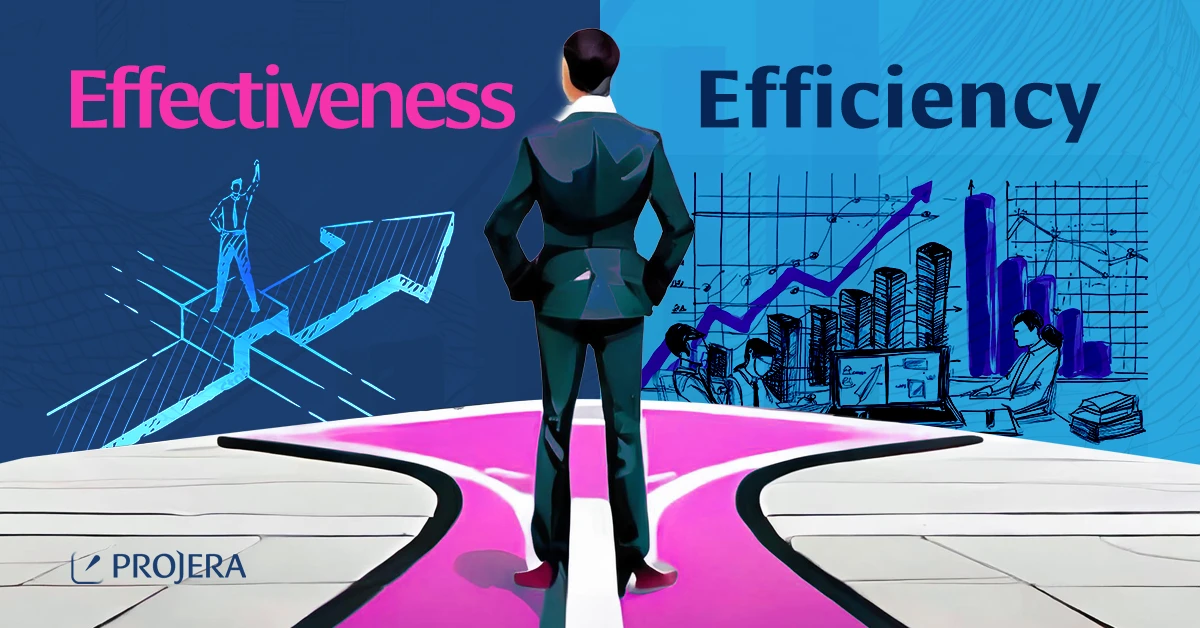
Effectiveness & Efficiency
Effectiveness is about Creating Value
Efficiency is about Creating Output
Effectiveness
Efficiency
Effectiveness is goal-oriented (what you achieve), while efficiency is process-oriented (how you achieve it). Both are important in different contexts: effectiveness is crucial when the outcome is the priority, while efficiency is key when resources are limited and need to be managed wisely.
Ideally, one aims to be both effective (achieving the right goals) and efficient (using resources wisely).
In complex environments, effectiveness often takes precedence over efficiency due to several reasons:
Complex environments are typically marked by high levels of uncertainty, unpredictability, and rapid change. In such scenarios, rigidly focusing on efficiency (optimizing processes and resource use) may be less practical because the dynamics are constantly shifting. Effectiveness, on the other hand, allows for flexibility and adaptability in achieving goals amidst changing circumstances.
In complex settings, the quality of the outcomes becomes important. It’s more important to achieve the right results or solve the right problems than to do things in the most resource-efficient way. Effectiveness ensures that efforts are aligned with strategic objectives, even if it requires more resources or time.
Complex environments often require a long-term perspective where immediate efficiency may be sacrificed for strategic effectiveness. Focusing on doing the right things (effectiveness) even if they are resource-intensive initially, can lead to better sustainability and success in the long run.
In complex situations, there may be multiple stakeholders, conflicting priorities, and ambiguous goals. Effectiveness in such cases involves navigating these complexities to achieve outcomes that best align with overarching goals, rather than merely optimizing processes.
Complex environments often demand innovative and creative solutions. Prioritizing effectiveness encourages thinking outside the box and exploring new ways to achieve goals, as opposed to strictly adhering to established, efficient procedures which might stifle innovation.
In complex scenarios, creating value is often more crucial than minimizing costs. While efficiency focuses on cost reduction and resource optimization, effectiveness is aligned with value creation, which is vital in complex, dynamic settings.



